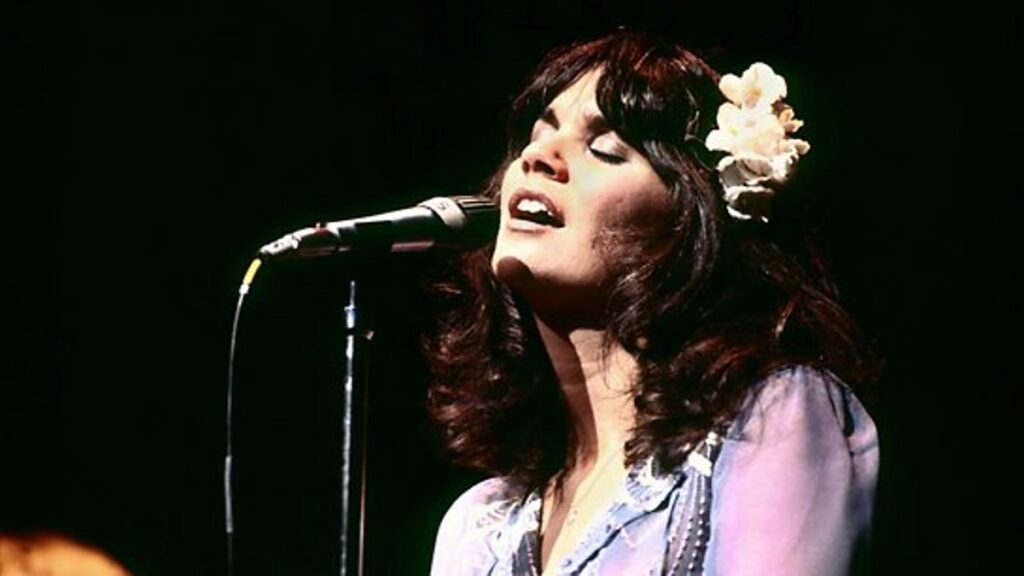
A Ballad of Desperation and Desire on the Fringes of Society
First released on Linda Ronstadt’s 1977 album Simple Dreams, “Carmelita” stands as one of the most poignant and emotionally raw tracks in her catalog. Though it was never released as a single and thus did not chart individually, its enduring resonance is a testament to both Ronstadt’s interpretive prowess and the tragic poetry embedded in Warren Zevon’s original composition. Nestled within an album that soared to No. 1 on the Billboard 200 and helped cement Ronstadt’s reputation as one of the most versatile vocalists of her generation, “Carmelita” remains an aching cry from the shadows—an intimate portrait of addiction, yearning, and lost love rendered with heartbreaking clarity.
Originally penned by Zevon and later recorded by him for his self-titled 1976 album, “Carmelita” tells the story of a heroin addict adrift in the barrios of Los Angeles. When Ronstadt chose to cover the song just a year later, she transformed its gritty male perspective into something at once more intimate and universal. Her version does not rewrite the lyrics—she sings them as written, inhabiting a male narrator—but her voice introduces a spectral quality, softening the edges while deepening the melancholy. In her rendition, the song becomes less about gendered experience and more about existential drift—the feeling of being lost in your own skin, tethered only by memory and craving.
Musically, “Carmelita” is deceptively simple: a country-inflected ballad led by acoustic guitar, steel licks that weep like distant train whistles, and subtle accordion flourishes that evoke dusty streets under sun-bleached skies. But it’s in Ronstadt’s vocal delivery that the song gains its deepest dimension. She sings with a wounded restraint that never veers into sentimentality. Her voice trembles at the edge of despair but never collapses—like someone who has lived with pain long enough to name it, cradle it even.
The lyrics are stark yet poetic: “I hear mariachi static on my radio / And the tubes they glow in the dark / And I’m there with her in Ensenada / And I’m here in Echo Park.” This juxtaposition of romantic longing with grim reality paints a vivid emotional landscape. The narrator is both everywhere and nowhere, haunted by visions of Carmelita while trapped in a cycle of dependency. Ronstadt doesn’t just sing these words—she inhabits them fully, allowing each phrase to linger like cigarette smoke curling into still air.
In interpreting “Carmelita,” Linda Ronstadt doesn’t simply cover Warren Zevon; she excavates deeper layers of emotion within his work. She elevates what could be a straightforward tale of addiction into a timeless meditation on loneliness and the small shreds of beauty that remain even in ruin. It is this capacity—to find grace in desolation—that defines both her artistry and this unforgettable recording.